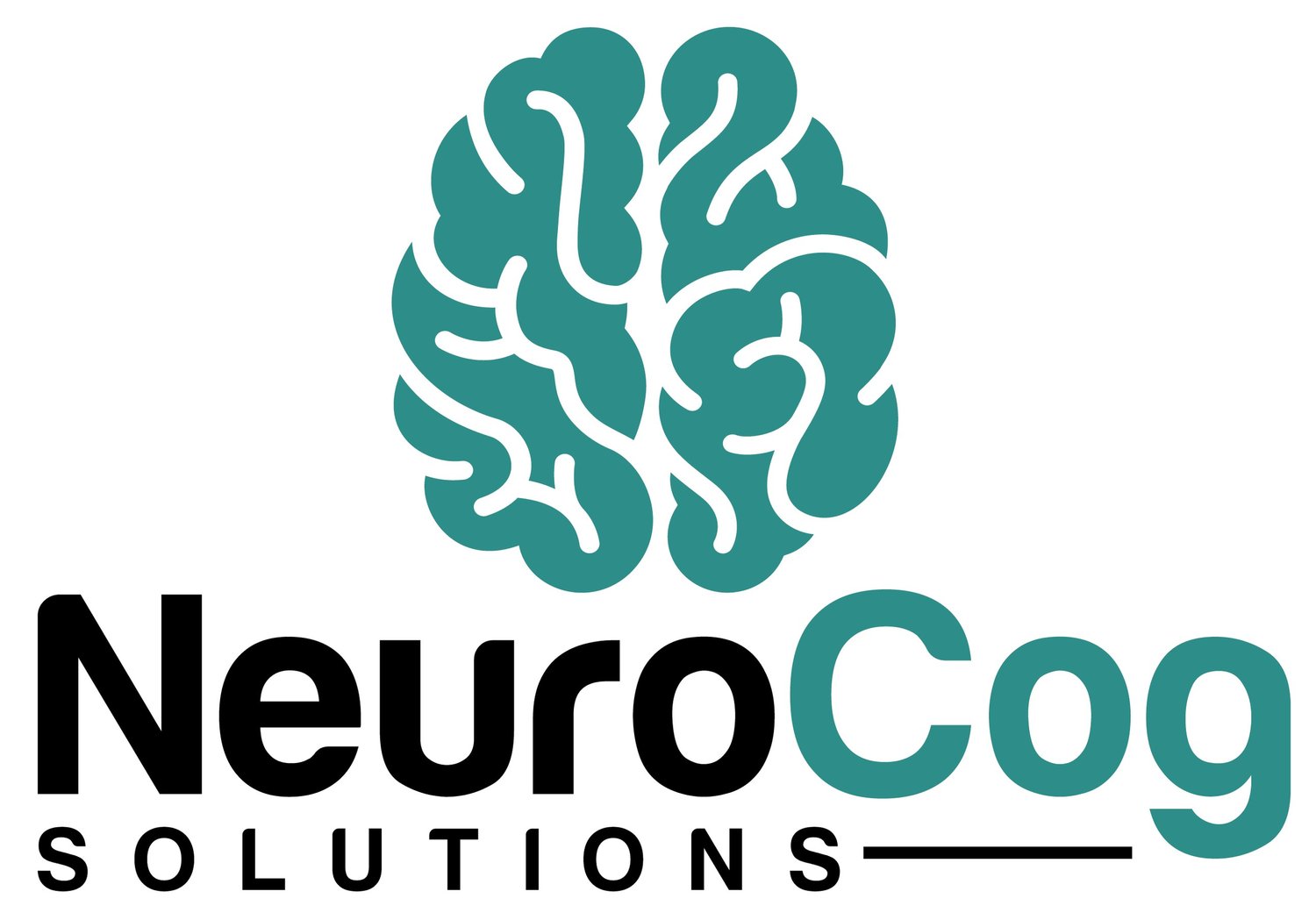
Best Tomorrow Blog

What is a Transient Ischemic Attack (TIA)?
What is a Transient Ischemic Attack (TIA)?
A TIA is defined as sudden, usually painless, focal (specific region of brain impacted) event
Most last less than 1 hour
Not shown on CT or MRI, or resolves within 24 hours
Symptoms of a TIA
Can be similar to a stroke - muscle weakness, slurred speech, facial droop, confusion, balance problems
What causes a TIA?
Occlusion, or blockage, of a vessel or artery in the brain
Blockages can happen as a result of stenosis (narrowing of arteries), blood clot in an artery in the brain, or a blood clot that travels to the brain from somewhere else in the body
Blood can’t get to a certain part of the brain
Is there permanent damage from a TIA?
TIAs usually resolve quickly, with no lasting damage
But they serve as warning signs of an impending stroke
Within three months of a TIA, 8-10% of people experience a stroke
Half of these occur within the first 48 hours of a TIA
Medical attention following a TIA is very important
What are risk factors for having a TIA?
Risk factors for stroke and TIA are similar
Age – risk increased after age 55
Family history of TIA or stroke
History of a previous TIA
Lifestyle factors – smoking, excessive alcohol use, sedentary lifestyle, poor diet
Medical conditions – being overweight, diabetes, heart disease, high blood pressure, high cholesterol
What is the treatment for TIA?
Treatment is anchored in prevention
Reduce or eliminate the modifiable risk factors as much as possible – these include lifestyle factors and medical conditions
Your doctor may recommend medications to reduce blood clots

What is Primary Progressive Aphasia?
What is Primary Progressive Aphasia?
Primary progressive aphasia (PPA) is a rare neurological condition that affects a person’s ability to communicate. People who have PPA can have difficulty expressing themselves using speech and understanding the speech of others. Symptoms of PPA typically start before age 65 and begin gradually; they worsen over time. People diagnosed with PPA can ultimately lose the ability to speak, write, and understand written or spoken language.
There are three different types of primary progressive aphasia, each with their own symptoms:
Semantic Variant Primary Progressive Aphasia - symptoms include trouble understanding the meaning of words, trouble understanding spoken or written language, and trouble naming objects.
Logopenic Variant Primary Progressive Aphasia - symptoms include trouble repeating phrases or sentences, taking frequent pauses while speaking to search for words, substituting words when speaking.
Nonfluent-Agrammatic Variant Primary Progressive Aphasia - symptoms include trouble understanding complex sentences, use of incorrect grammar when writing or speaking.
PPA is caused when the parts of the brain (lobes) that are responsible for speech and language shrink or atrophy. Specifically, the frontal, temporal or parietal lobes of the brain are affected.
If you or someone you know has trouble communicating, or has been diagnosed with PPA, reach out to us to see how our speech therapy services may be able to help. Assessment can track changes in skills and inform both treatment and available supports.

What is Aphasia?
What is Aphasia?
Aphasia is an acquired communication disorder (meaning it occurs after birth) and usually results from an injury to the brain. Many different brain conditions can cause aphasia including stroke, traumatic brain injury, or tumor. Certain forms of dementia may also cause aphasia. One form of dementia, Primary Progressive Aphasia (PPA), is caused by continued deterioration of brain tissue. PPA will be discussed in a later post.
Aphasia can affect how someone produces language and/or understands language. When someone has trouble saying words, it is a type of expressive aphasia. Expressive aphasia is usually related to damage in the left frontal lobe of the brain. When someone has trouble understanding language, it is a type of receptive aphasia. Aphasia can be mild, moderate, or severe in nature. People with aphasia usually describe their experience as “knowing what I want to say, but not being able to get the word(s) out.”
In many cases, aphasia does not impact a person’s cognitive abilities or intelligence. They are still able to form thoughts and ideas, but now have difficulty communicating those thoughts and ideas to others. If the cause of aphasia was due to stroke or injury, speech therapy can help improve speech and develop strategies to manage the symptoms. The condition may improve, and then remain stable. Unfortunately, individuals with Primary Progressive Aphasia will notice a worsening of symptoms over time. Assessment can track changes and inform both treatment and supports.
If you or someone you know has trouble communicating, reach out to us to see how our speech therapy services may be able to help.

Normal Aging and Mild Cognitive Impairment (MCI)
Mild cognitive impairment (MCI) is the stage between normal aging and dementia - changes in thinking associated with MCI are not part of the normal aging process, and symptoms are usually more obvious and may get worse over time. Memory decline and other cognitive problems are not so severe that they impact a person’s ability to carry on with their daily activities, but those with MCI are at much greater risk for developing dementia.


Caregiving during COVID-19
Caregiving can be difficult, especially during the COVID-19 pandemic

Neuropsychological Evaluations during COVID-19
Neuropsychological assessments can be completed via video
